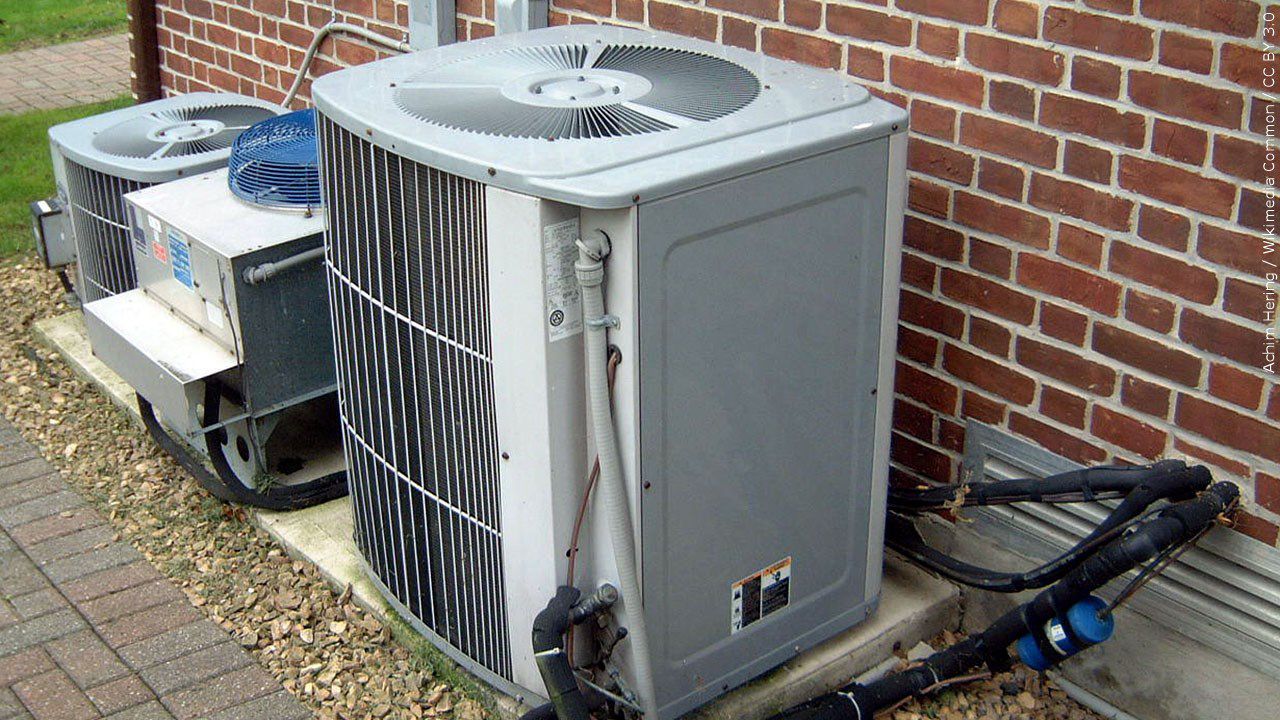Texas has laws to help renters if their AC stops working at home
BRYAN, Texas (KBTX) – It doesn’t appear the heat’s grip on Texas will loosen anytime soon and air conditioning systems are struggling to keep up.
For renters, a broken AC can be frustrating, especially if it can’t be repaired quickly.
The state of Texas says you have a right to demand that the landlord repair any condition that materially affects your physical health or safety but landlords may also have at least a week to make those repairs.
Here’s a breakdown of what you should know and what you can do if your home AC stops working:
SEND A WRITTEN NOTICE
Send the landlord a dated letter by certified mail, return receipt requested, or by registered mail, outlining the needed repairs. You may also deliver the letter in person. Keep a copy of the letter. This notice can go to the person to whom or to the place where rent is normally paid. Sending the notice by certified mail provides the best proof that it has been received.
DO NOT STOP PAYING RENT
Be sure that your rent is current when the notice is received. You do not have a right to withhold rent because the landlord fails to make repairs when the condition needing repair does not materially affect your physical health or safety. If you try this method, the landlord may file suit against you.
GIVE YOUR LANDLORD TIME TO RESPOND: 7 DAYS IS REASONABLE
Your landlord has a “reasonable time” to repair the problem after receiving your initial notice. The length of time considered reasonable will depend on the circumstances, although the law presumes that seven days is a reasonable time. The nature of the problem and the reasonable availability of material, labor, and utilities are all factors that will be taken into consideration in determining how much time is reasonable. During this time, the landlord must make a diligent effort to repair the problem. Keep in mind, broken air conditioning systems are being reported all across the region this summer, so maintenance companies may be delayed in responding.
REACH OUT TO A CITY INSPECTOR
If the landlord has had a reasonable time to fix the problem and has not done so, you may decide to call the appropriate city or county inspector (housing, health, or fire). This may put additional pressure on the landlord if the condition violates local ordinances. Obtain a written report and the name of your inspector.
SEND A SECOND NOTICE
After the landlord has had a reasonable time to repair the condition following your initial notice, you must send a second written notice to repair or remedy the condition. You do not have to send a second notice if you sent the first notice by certified mail, return receipt requested.
You should ask the landlord in this second notice for an explanation for any delay because if she does not respond, you will have an easier case to prove if you go to court. It is a good idea to send this notice by certified mail to prove it was received by the landlord. Remember to save a copy of your notice. The notice should say that it is your second written notice, that you are requesting an explanation, and it MUST explain what you plan to do if the landlord does not repair the condition.
YOUR OPTIONS IF THE LANDLORD DOESN’T RESPOND
If the landlord won’t make repairs needed to protect your health, safety, or security, and you follow the procedures required by law, you may be entitled to:
End the lease;Have the problem repaired and deduct the cost of the repair from your rent; orFile a suit to force the landlord to make the repairs.
If you decide to terminate the lease, you must inform the landlord in your second written notice that you will terminate the lease unless the condition is repaired or remedied within a reasonable period of time.
You should consult with an attorney before taking any of these actions.
Under Texas law, it is illegal for a landlord to retaliate against you for complaining in good faith about necessary repairs for a period of six months from the date you made such a complaint. Of course, you can always be evicted if you fail to pay your rent on time, threaten the safety of the landlord, or intentionally damage the property.
Click here for more Renter’s Rights from the Texas Attorney General or scroll through the document shared below:
Texas Tenants’ Rights Handbook by KBTX on Scribd







